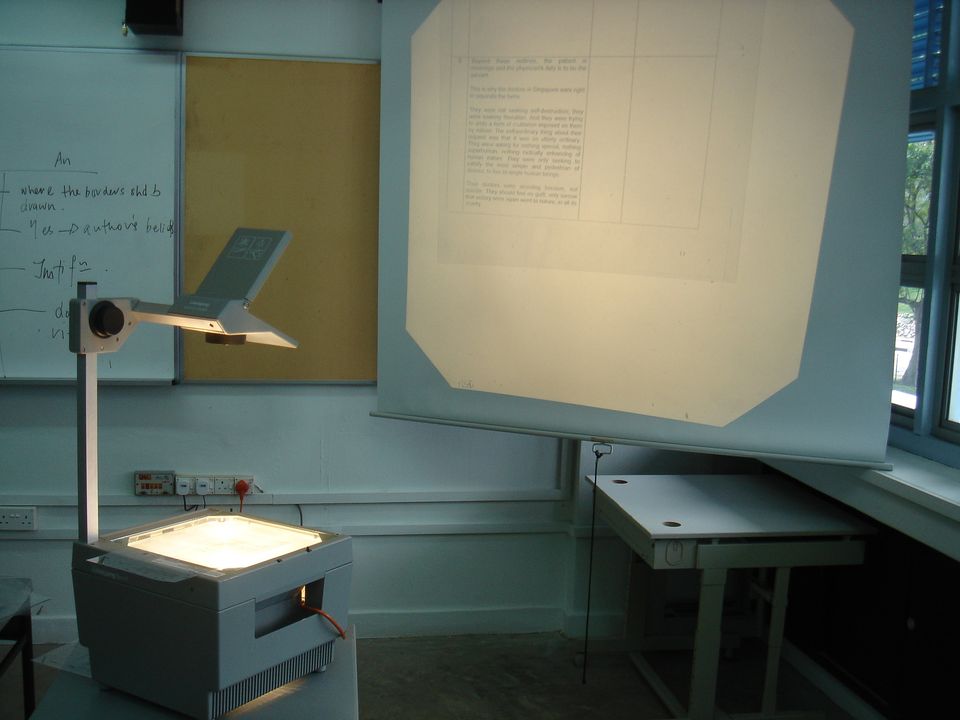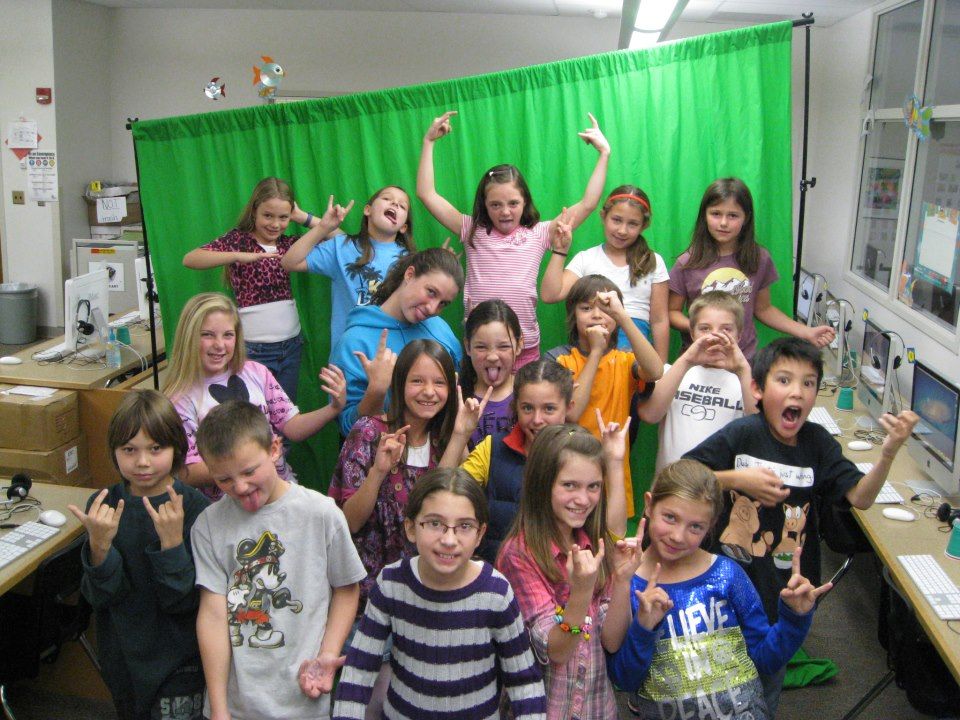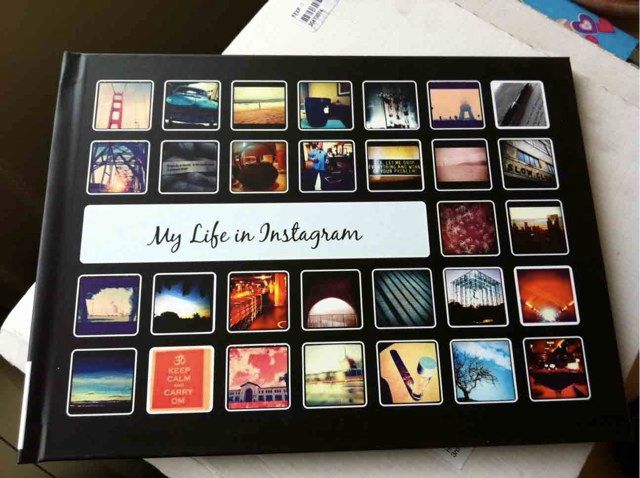In the span of a week, two things seemingly in opposition began forcing me to rethink how I interact with technology and how even this medium shapes the way I process information and observations.
1) I picked up a book by Shane Hipps called Flickering Pixels, an exploration of how technology shapes our thinking, our relationships, and our understanding of God.
2) A few days later I was given the latest in technological relationships, an iPad2.
Hipps was in advertising before making a sharp turn into seminary and eventually becoming a pastor of a Mennonite church. One of his advertising accounts was Porsche, and as he says at the start of the book: ”My task was to hijack your imagination, brand your brain with our logo, and then feed you opinions you thought were your own. You’re welcome.” Hipps goes on to reconstruct the historical movements and pieces that formed our way of thinking and engaging the world, each other and, of course, God. Exploring everything from Guttenberg to Socrates to the Reformation to the more recent media oracle Marshall McLuhan, Hipps steps out of the water to examine what each of us are breathing as we swim along unawares.
As I spend quite a bit of time in the virtual world of Photoshop, InDesign, Illustrator, and various outlets on the Interwebs, reading Flickering Pixels has me thinking about how I communicate and what these various tools are doing to my imagination, comprehension, worldview, and humanity. Unlike paper, or other humans, all these interfaces are digital and therefore without borders. They lack a physical tangibility and the possibilities within each are endless, but there is always an underlying disconnect with flesh and blood reality that bothers my core.
Take the Japanese earthquake this past spring. Between the onslaught of Twitter feeds, YouTube videos, and the e-mails from people in-country, there was a tremendous amount of information transmitted and received. How, realistically, can we process that much information and form rational, concrete, and discerning responses? The images spark our emotions. The news feeds stir our anger. Now imagine none of these tools were available, how would you hear about it? How would you understand it in any context? Does it make you more human to be inundated with information, or do you feel more fragmented and so grasp at far away tragedies to feel more human while ignoring the very tragedies in your own town, neighborhood, maybe even in your own house? As Hipps says, ”The human psyche isn’t designed to withstand the full gravity of planetary suffering . . . the task of recalibrating our psyche and reigniting compassion must begin with local relationships.”
Maybe it’s a de-cyborging, but in some small way, the iPad I was given seems to redirect me to something more along the lines of local relationships. Akin to driving on small, foreign country roads, the iPad is an absence of so many things I have grown accustomed to.
It is what is missing that I notice most. Those things missed are good absences. I don’t have numerous windows of various applications running, always begging for my faux-urgent response. I am forced to do one thing at a time. In an ever-increasing multitasking world, Apple created a top-selling device that makes the one thing before you all that is before you. This makes book-reading singular. I am discovering I want to read a book more than anything else. Talking with a friend recently, he said he’s read more books since he got an iPad then ever before. And in the truly rehumanized sense, I am seeking to be more present with real people and not their avatars. Maybe the one-thing-ness is reminding me the value of being present with the One Thing.
The Luddites — that 19th century group of disgruntled textile artisans “that destroyed machinery to protest the dehumanizing technological advances of the Industrial Revolution” (as Hipps writes) — knew the greater value in a person lay not in how efficiently he works, produces, receives, or transmits information but in the flesh and blood heart artisan in us all. Would a Luddite have used an iPad? Maybe, but only after having to live through the past century of ever-increasing demands on our psyches to take on more than they were designed to handle. Then again, he might just toss it on the pile of broken and rusted metal, pick up a needle and thread or a brush, and make something with his friends and fellow craftsmen close by, breathing the same air they breathe. What they created alone together may have had an impact somewhere else across the oceans, but more importantly it impacted the community around them.
In a non-Luddite manner, a piece of technology made me aware of the need for more good absences, alone and with others. I will not completely abandon the technology before me, but I am surprised to discover that some of it can actually create a space in which to become friends — be it with the void of visual and mental silence or a real person with real life right before my eyes. I’m reminded that technology is only as good as the compliment it forms to the human relationships around me.




